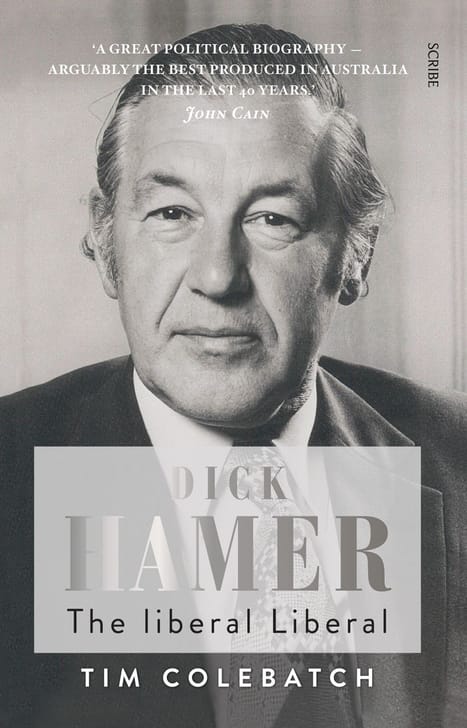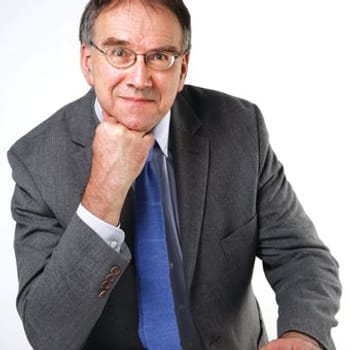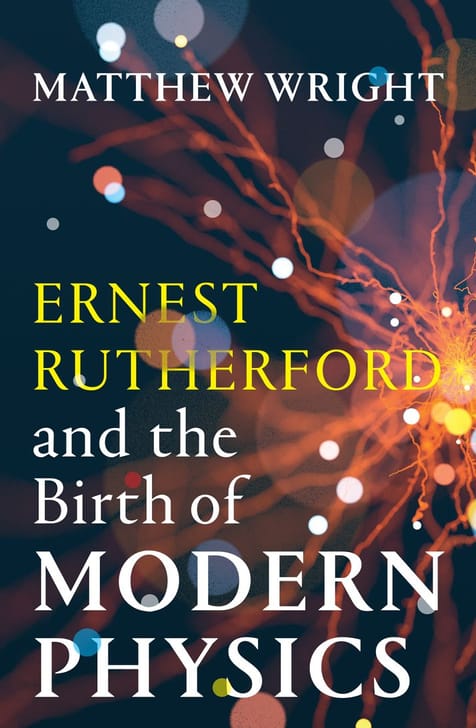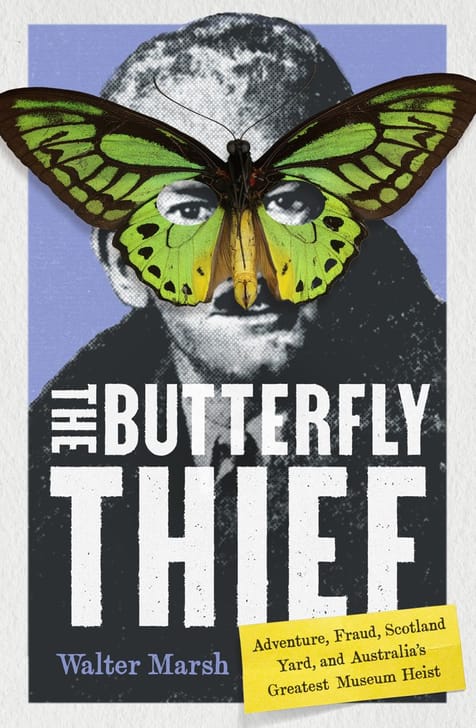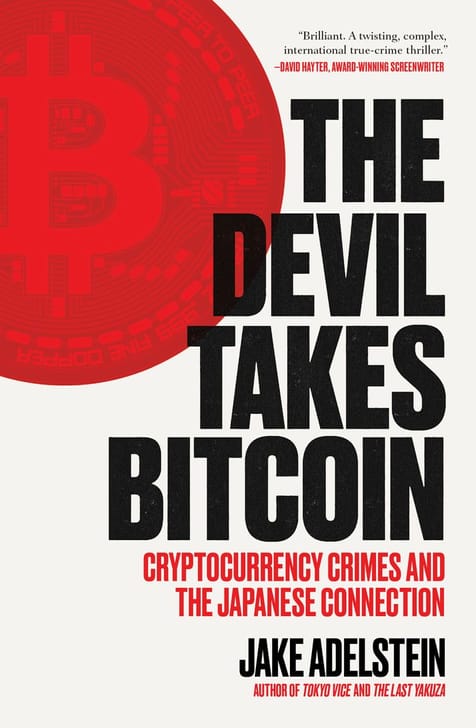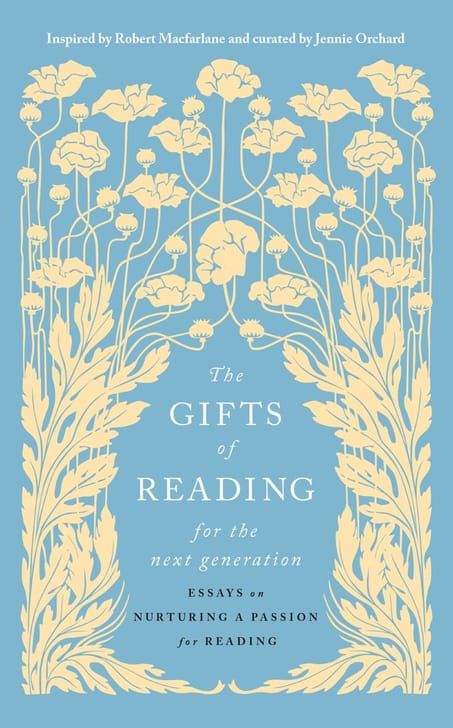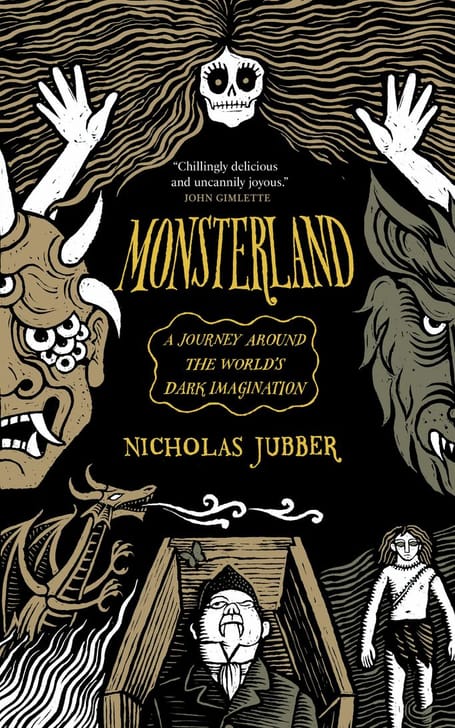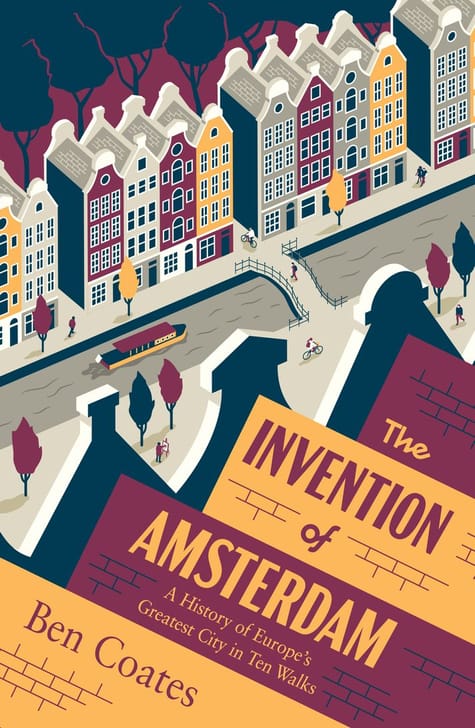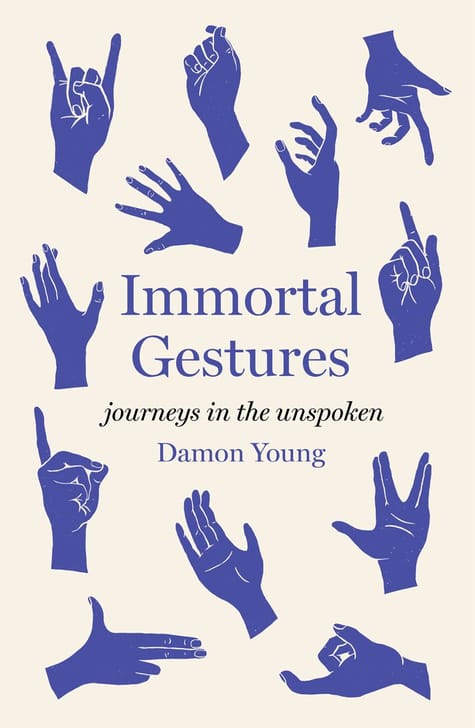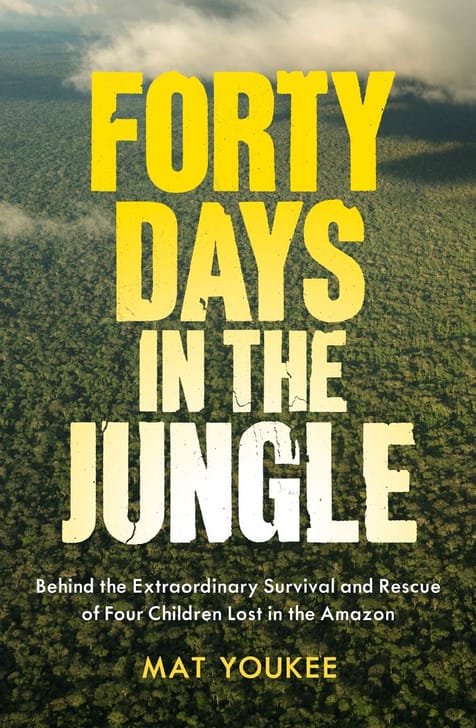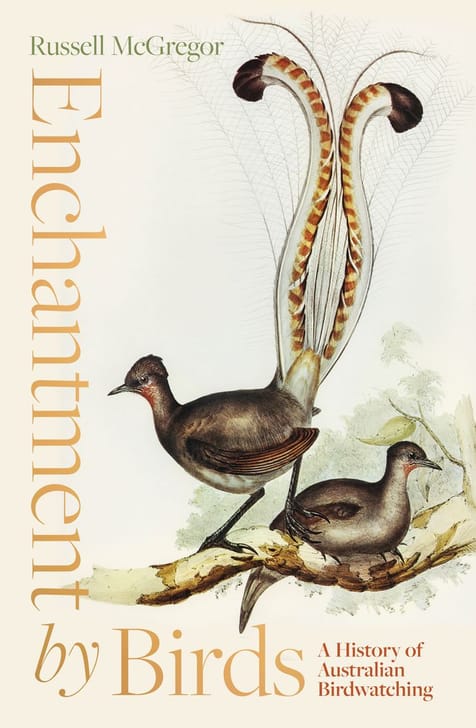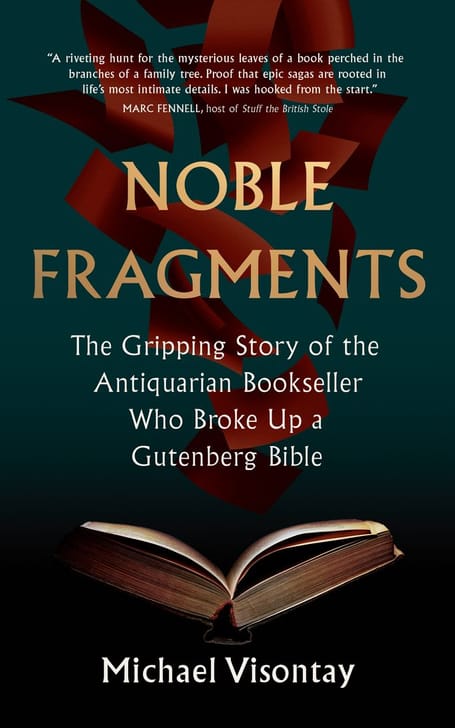Dick Hamer:
the liberal Liberal
Overview
He was the reformer who made Victoria a leader in social equality, the arts, and the environment. He and his government built the underground rail loop, decriminalised homosexuality, abolished capital punishment, and outlawed sexual discrimination in the workplace.
Hamer and his team ended the demolition of the inner suburbs, preserved the best of the state’s buildings and landscapes, and set aside large areas of diverse ecosystems as national parks. They gave Melbourne key infrastructure such as the West Gate Bridge and the Thomson Dam, extended the city’s tramlines for the first time in half a century, and built art galleries, libraries, and theatres all over the state.
Yet Dick Hamer was a Liberal: a Toorak boy educated at Victoria’s best schools, who served for years under the conservative Sir Henry Bolte before taking the reins himself and making the Liberal Party a spearhead of reform from 1972 to 1981.
Hamer was a different kind of politician. He was intelligent, fair-minded, courteous, and hard-working, and governed with the longterm interests of his people in mind. He never tried to manufacture issues or direct debates for short-term political gain.
Victorians recognised this, and elected him three times in a row as their premier—the last Liberal premier in Australia to have achieved this feat. He stands as the exemplar of important qualities in the Liberal tradition. Dick Hamer: the liberal Liberal is the first biography to be written of this remarkable man, who so embodied a quality now lacking in our public life: integrity.
Details
- Format
- Size
- Extent
- ISBN
- RRP
- Pub date
- Hardback
- 6.02in x 9.21in
- 520 pages
- 9781925106138
- USD$26.95
- 29 September 2014
Praise
“In a strong field of recent political biographies and memoirs, this first published biography of Dick Hamer is a most welcome addition…Colebatch has done an excellent job.”
“Tim Colebatch has written a fascinating account of one of Australia's most remarkable post-war leaders. Dick Hamer is the forgotten reformer of the 1970s. As effective as Gough Whitlam in his pomp, and more popular than Don Dunstan in his prime, he restored Victoria's position as the nation's pre-eminent progressive state.”
About the Author
Tim Colebatch is a political and economic journalist. Born in Melbourne in 1949, he studied arts and economics at the University of Melbourne. From 1971 to 2013, he wrote for The Age, and observed the Hamer era at close quarters. He was in turn the paper’s environment writer, chief investigative reporter, editorial writer, and columnist before becoming its Washington correspondent, economics writer, and ultimately economics editor and columnist for 20 years. His journalism has won many awards. This is his first book.
